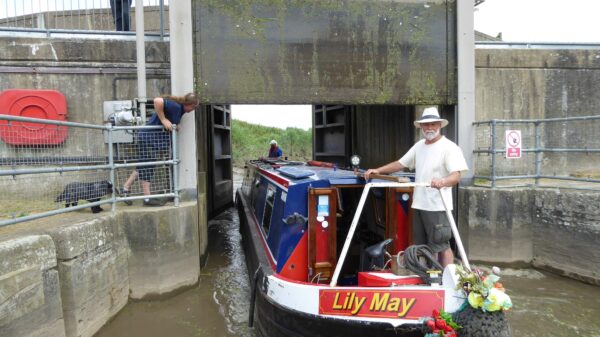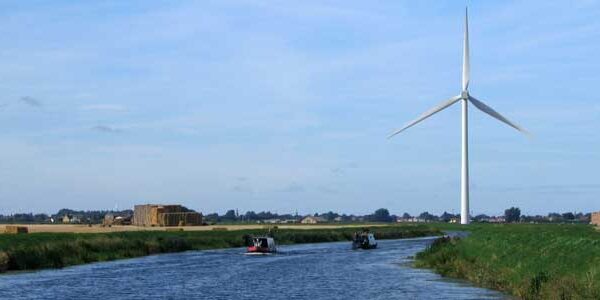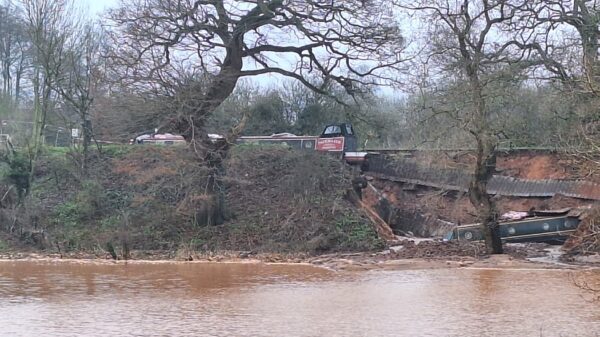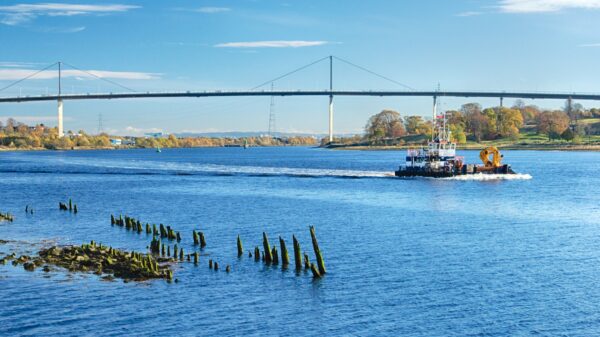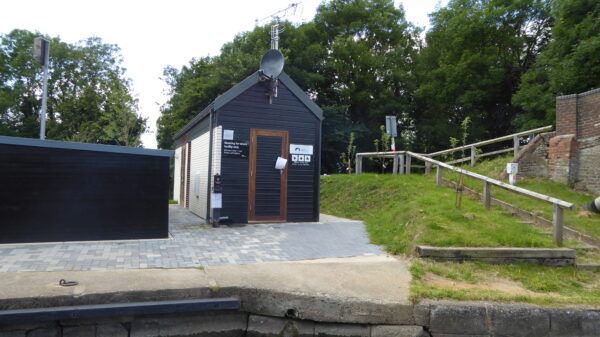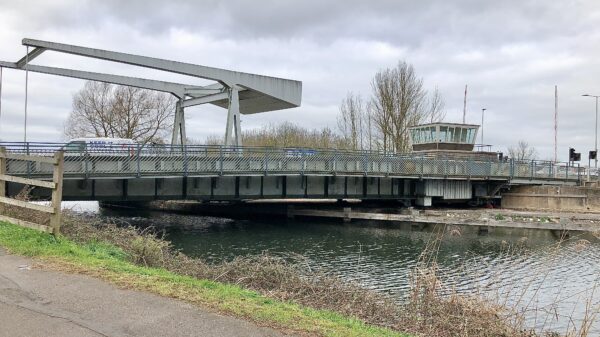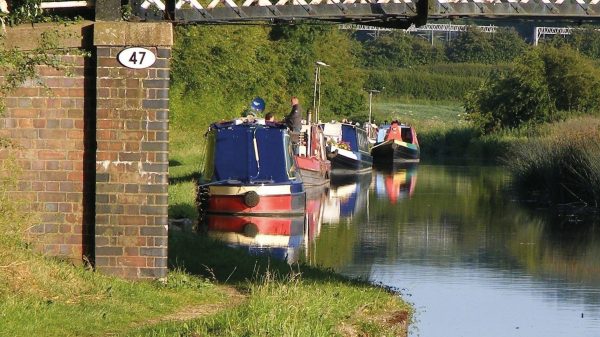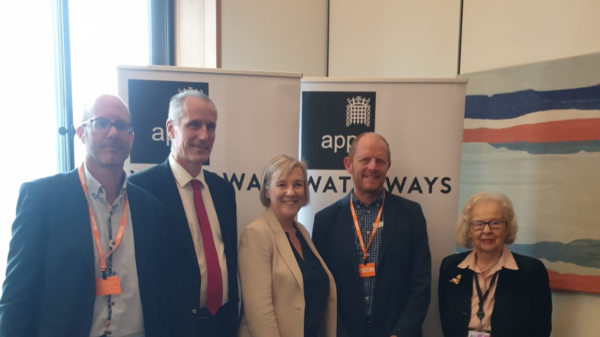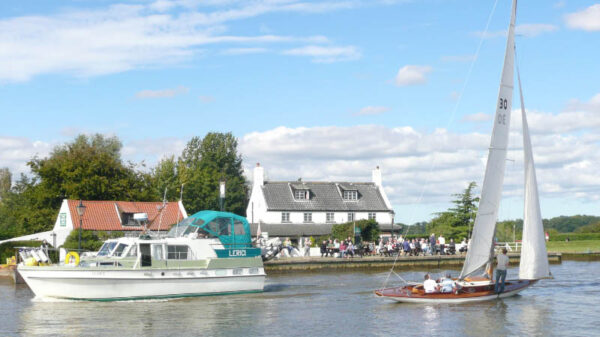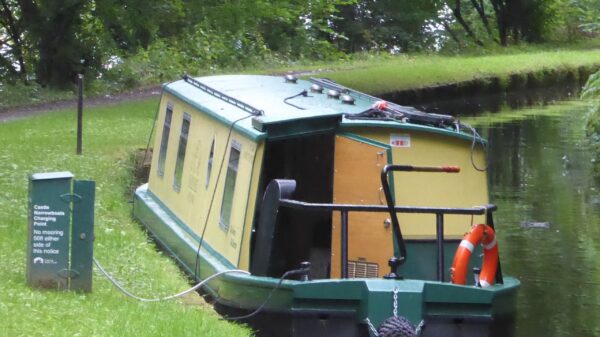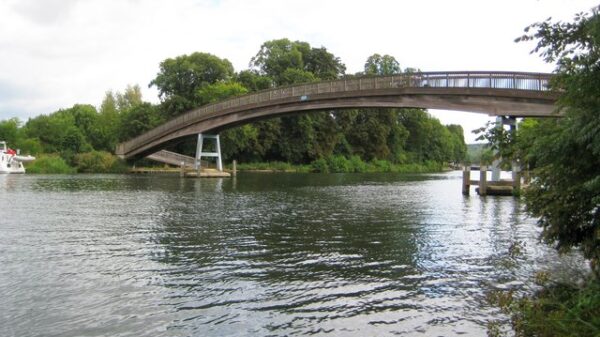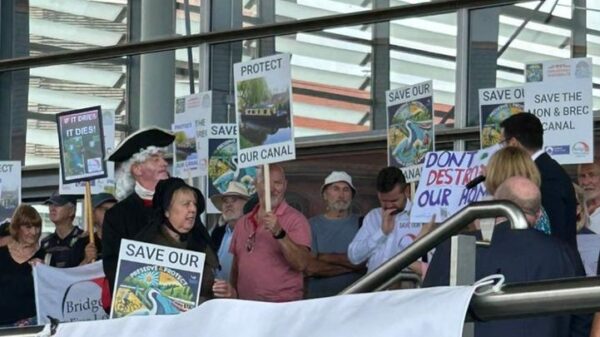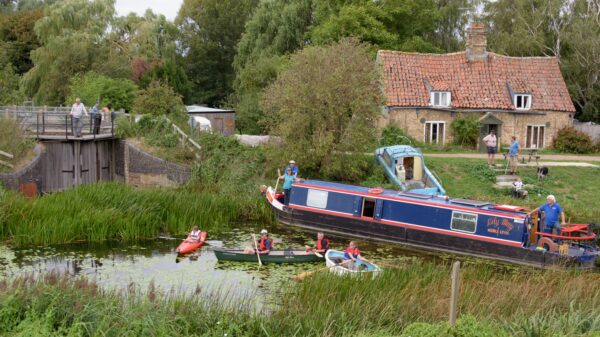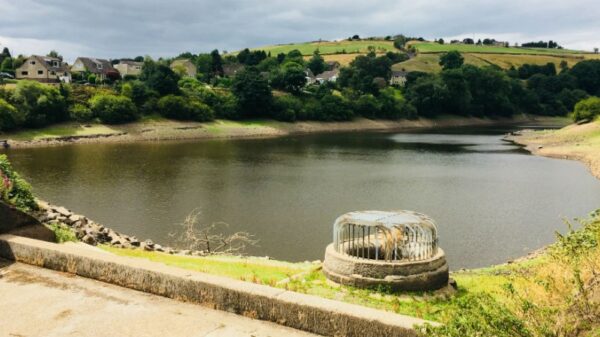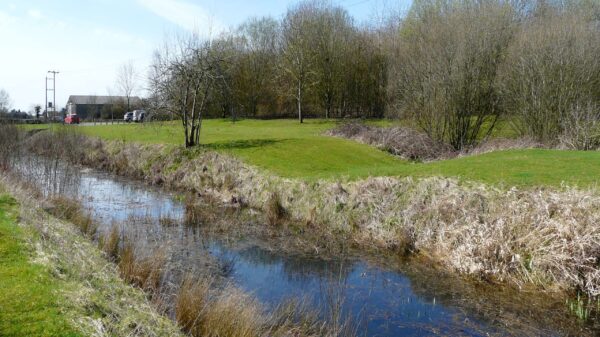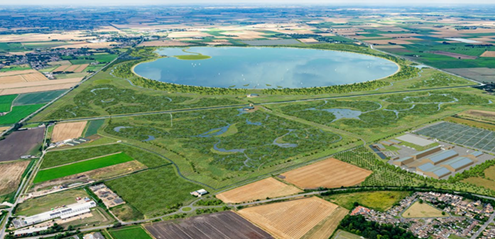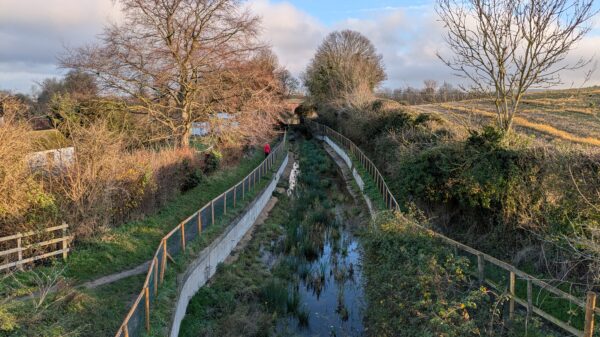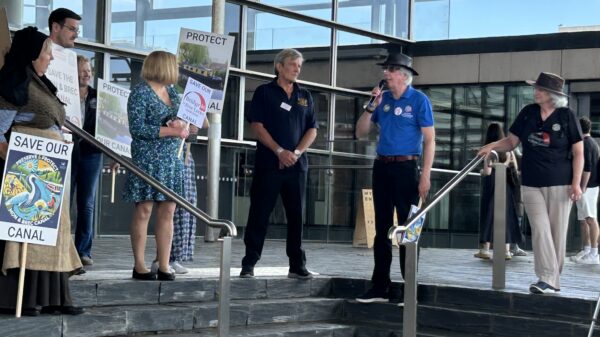The Environment Agency has recently announced that even though a large majority of customers did not support the proposal, it has decided to increase boat registration fees by 9%.
IWA acknowledges that the Environment Agency’s funding position has left it in a difficult position, considering how inflation has impacted on its costs such as building, materials and repairs. However, as shown by the consultation response, the majority sentiment amongst our membership who use the EA waterways is that the 9% increase is too much.
This is largely due to the impacts on navigation of increased delays to planned winter maintenance works, with more and more works encroaching on summer boating. In particular, access between the Great Ouse, Middle Levels and River Nene was prevented due to delayed work. Through passage on the Nene was not possible until 1 June, Denver crossing was closed until 10 June, Brownshill Lock was closed until 17 June and Brandon Lock remains closed at the time of writing.
Other concerns include a significant increase in the number of lock failures, the numerous weirs blocked by debris and abandoned boats which increases the risk of floods, various investment decisions that fail to prioritise navigation, loss of income through failure to enforce regulations, and failure to maximise commercial opportunities.
We are also concerned that the Environment Agency’s navigation teams have lost many of their more experienced staff who had in-depth knowledge and understanding of the waterways when communicating with business and leisure customers. More effective management will require more responsive and well-informed operation managers.
The Environment Agency has stated that the rise in registration fees will be used to improve the experience of users. As we said in our consultation response these are some of the aspects where IWA would like to see improvement:
- greater reliability for navigation and better facilities for boaters;
- speedier attention to faults and shorter stoppage times;
- streamlining and rationalising EA’s procedures including its very complicated charging regime;
- increasing revenue by better enforcement of unlicensed boats (many of which will be uninsured and without Boat Safety Scheme certificates);
- reviewing the criteria for issuing and lifting strong stream advice;
- improving reliability of existing equipment (particularly gear boxes and electrical systems at locks);
- more efficient use of staff including subcontractors for the winter maintenance works programme.
Sue O’Hare, Chair of IWA’s Navigation Committee, said:
“It is understandable that the Environment Agency has felt the need to make a significant increase to boat registration fees, but it is disappointing that its funding position has made this necessary. Through Fund Britain’s Waterways IWA is campaigning for adequate national and local government funding for all Britain’s navigable rivers and canals to ensure that future generations can continue to enjoy their many benefits. At the same time it is incumbent upon all navigation authorities to ensure that their funding is used effectively and efficiently.”

